Allice Legat
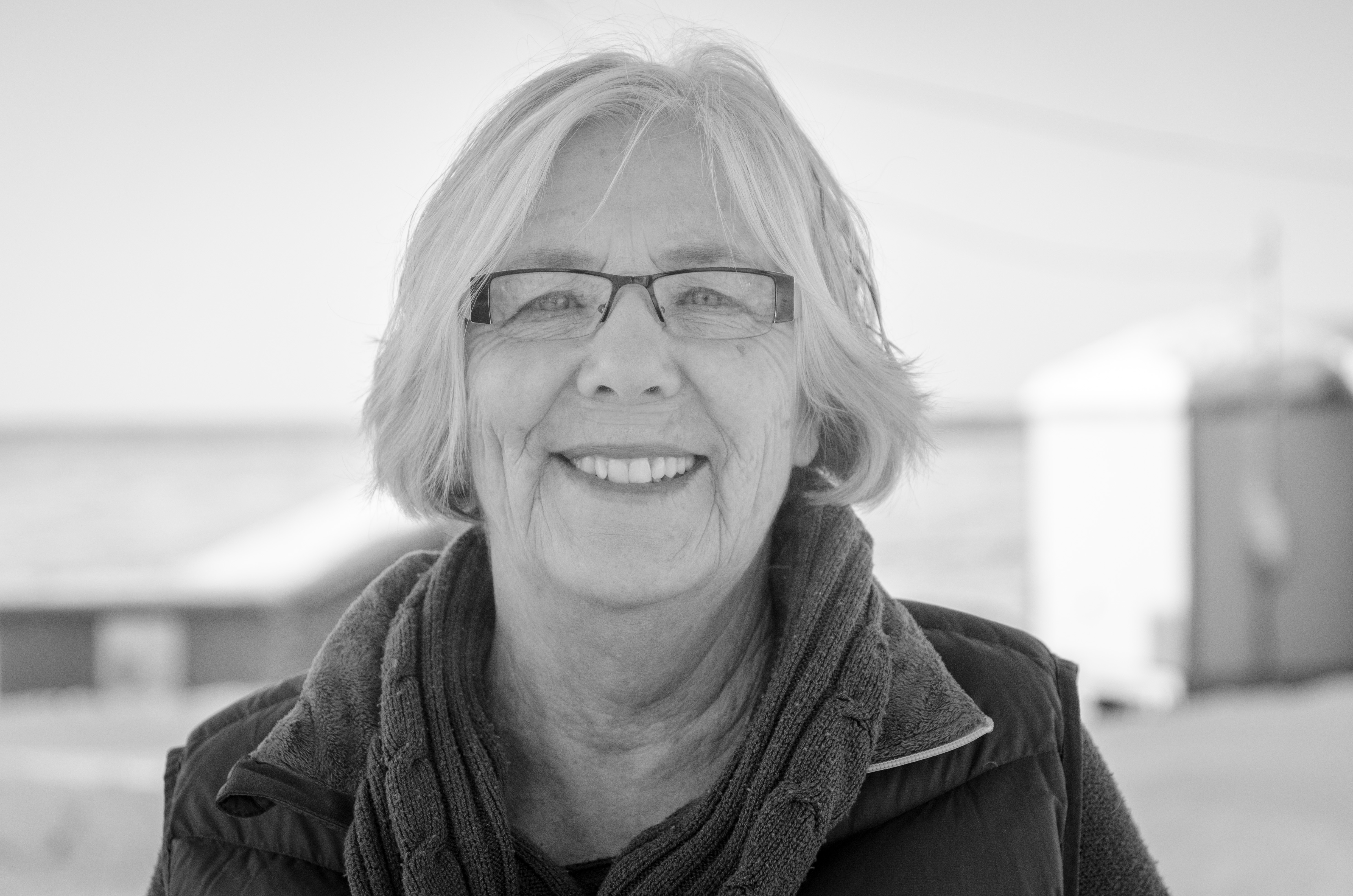

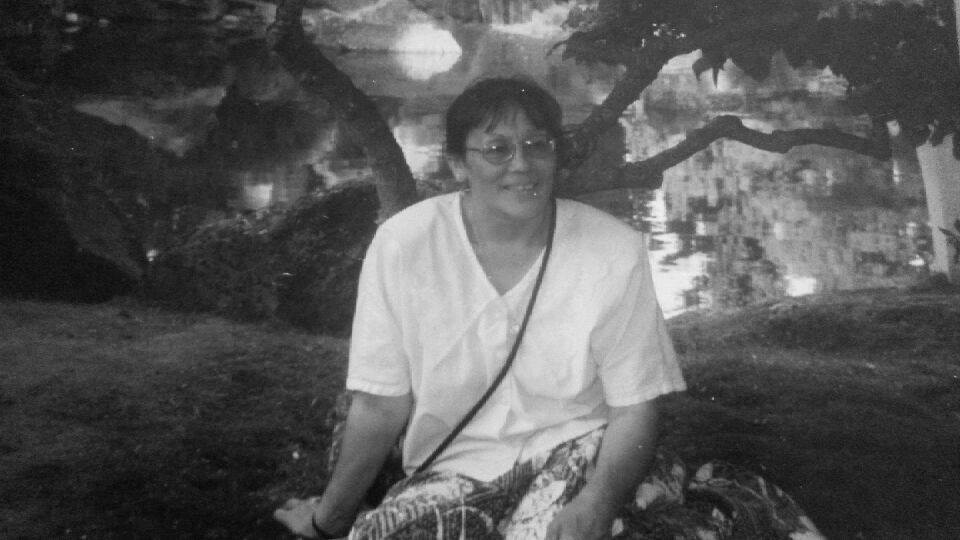 Dora Grandjambe is a K’áhsho Got’ı̨nę language specialist, reader and teacher. She was taken to Grollier Hall residential school in 1958 when she was four years old and continued school until she was fourteen years old, returning home to live with her family every summer. Along with her fellow K’ásho Got’ı̨nę students, she managed to maintain her knowledge of Dene language despite the prohibition against speaking it in school. She first gained experience as a language and traditional knowledge researcher with the Fort Good Hope Dene Language Research Project during 1980-1985. During that time she and other community researchers attended the Summer Institute of Linguistics in Albuquerque, New Mexico. Based in Yellowknife, worked as an interpreter-translator for the Northwest Territories Language Bureau during 1990-1997, and continued providing interpreting and translating services for various organisations and projects, including the Legislative Assembly, Dene Nation, Supreme Court, National Energy Board and Stanton Territorial Hospital until 2012. In 1996 she was the first Dene person to be certified as an interpreter and translator by the Canadian Translators, Terminologists and Interpreters Council. She then moved to Norman Wells and began part time employment as an Aboriginal and Cultural Teacher at Mackenzie Mountain School, a job that she loves.
Dora Grandjambe is a K’áhsho Got’ı̨nę language specialist, reader and teacher. She was taken to Grollier Hall residential school in 1958 when she was four years old and continued school until she was fourteen years old, returning home to live with her family every summer. Along with her fellow K’ásho Got’ı̨nę students, she managed to maintain her knowledge of Dene language despite the prohibition against speaking it in school. She first gained experience as a language and traditional knowledge researcher with the Fort Good Hope Dene Language Research Project during 1980-1985. During that time she and other community researchers attended the Summer Institute of Linguistics in Albuquerque, New Mexico. Based in Yellowknife, worked as an interpreter-translator for the Northwest Territories Language Bureau during 1990-1997, and continued providing interpreting and translating services for various organisations and projects, including the Legislative Assembly, Dene Nation, Supreme Court, National Energy Board and Stanton Territorial Hospital until 2012. In 1996 she was the first Dene person to be certified as an interpreter and translator by the Canadian Translators, Terminologists and Interpreters Council. She then moved to Norman Wells and began part time employment as an Aboriginal and Cultural Teacher at Mackenzie Mountain School, a job that she loves.
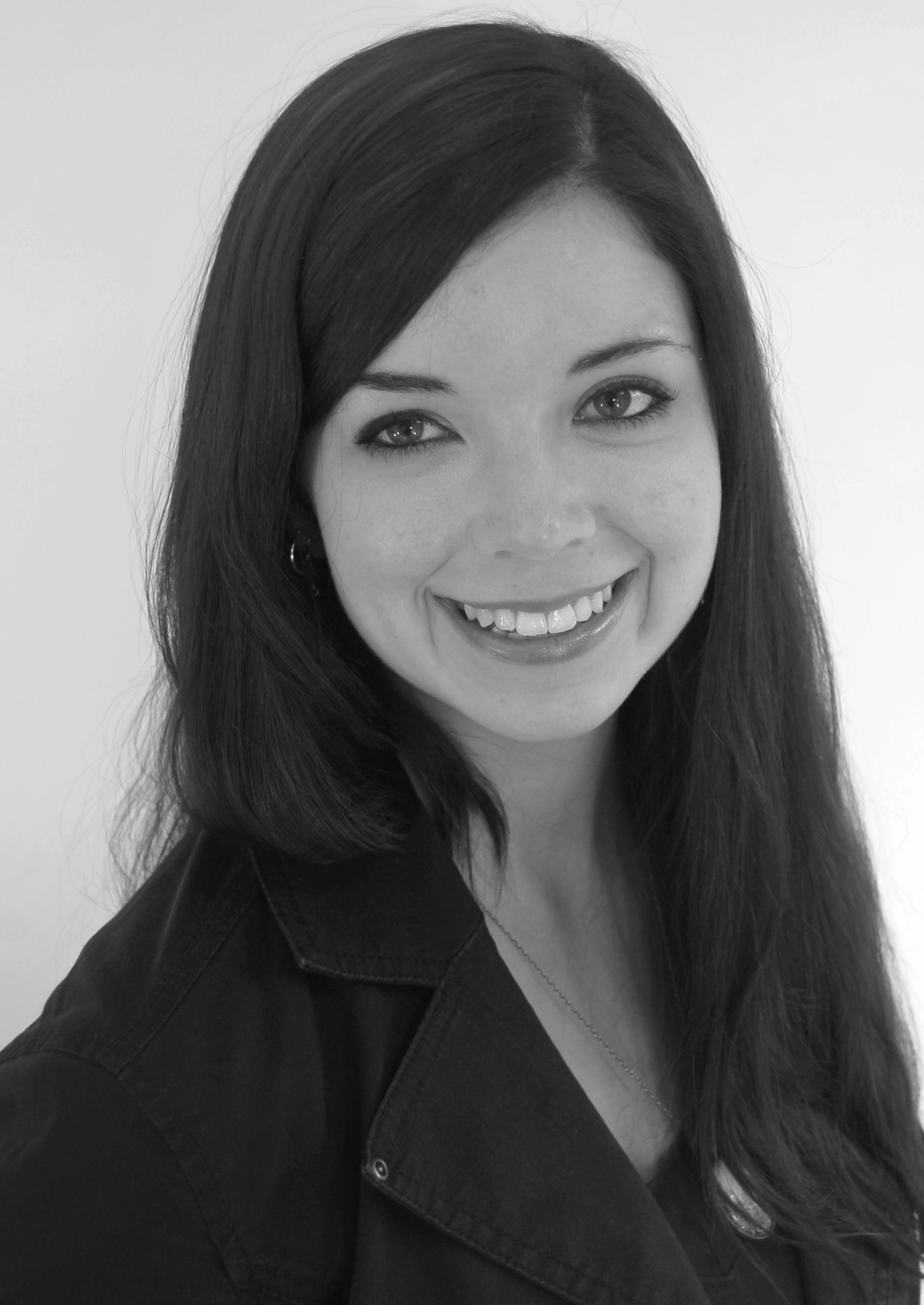
When Faun was a student of anthropology and sociology at the University of Alberta, she worked with an Indigenous Languages Revitalization organization that offered professional development courses and scholarships to language activists and educators. Through this job she befriended many Sahtú region teachers and linguists, one of whom suggested that she come to Délı̨nę to study the new self-government agreement for her Master’s thesis, which she did for two months in the summer of 2015. Subsequently, Faun finished her thesis and took an internship and a contract at the Smithsonian Institution (2016-2017) while working remotely with the SRRB and the University of Toronto on the project From Dene Kedǝ to Dene Ts’ı̨lı̨ (2017-ongoing). Faun continues to research, write, and support projects to do with intercultural programs and policy, Indigenous languages and governance, and cultural institutions.
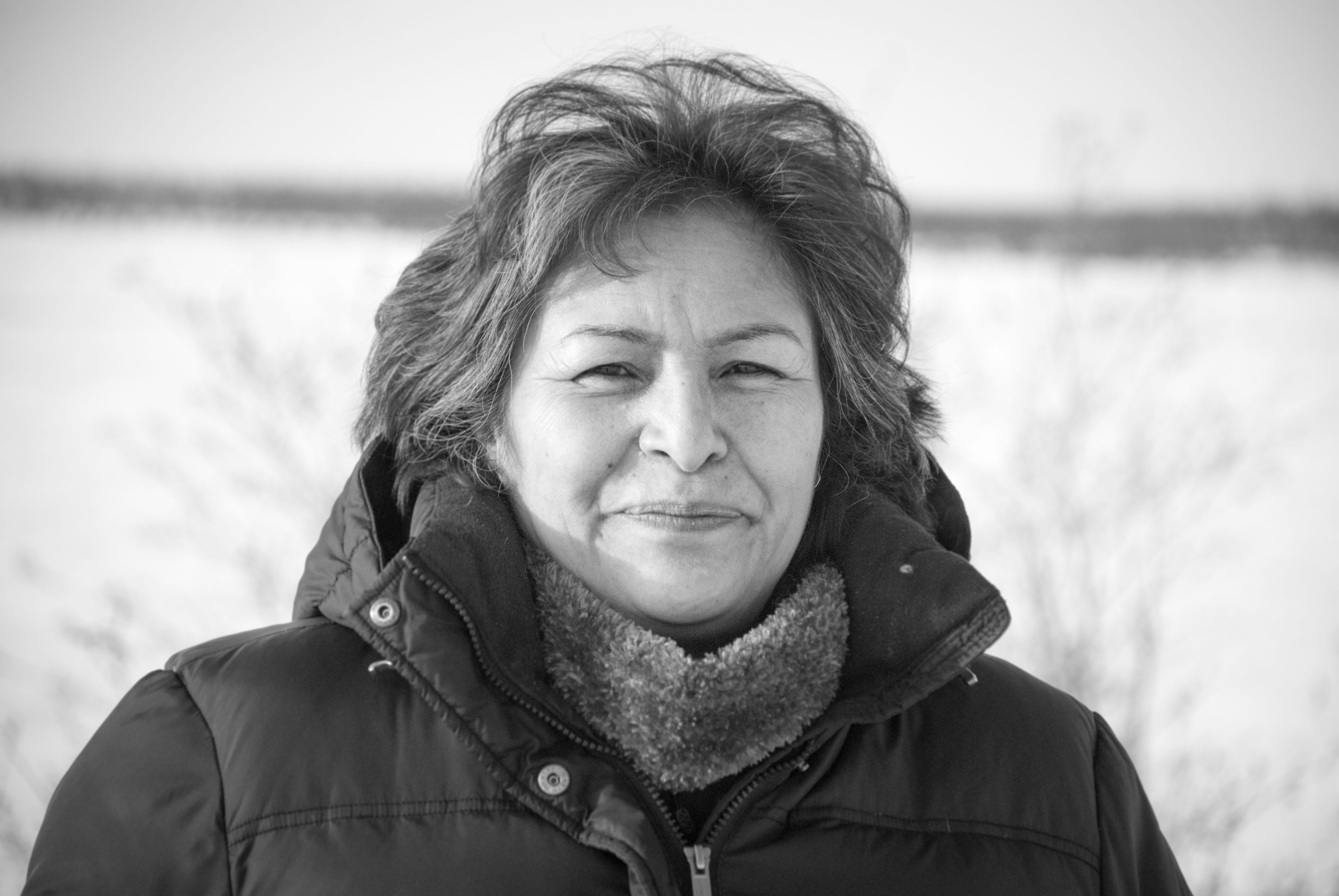
As a former member of the Délįnę First Nation Council and Délįnę District Education Authority, she has had an opportunity to lead ongoing discussions about the importance of researching and promoting Dene culture and language in the community. She has been asked to interpret at countless workshops and meetings, and have translated numerous texts for publication in Dene language. She has been a leader in traditional knowledge and language research in Délı̨nę and in the Northwest Territories through work with various organisations, including the Délı̨nę Knowledge Project, the Traditional Knowledge Practitioners Group, and the Sahtú Traditional Knowledge Research Guidelines Working Group. In 2010, she served as the Sahtú Coordinator for the NWT Aboriginal Languages Conference, and played a leading role in conference planning, leading to guidance for language policy development and implementation within the Northwest Territories.
Jane is currently an independent consultant involved in a variety of research and translation projects. She continues to play a leading role as interpreter-translator for the Délı̨nęgot’ı̨nę Government, facilitating involvement of Délı̨nę elders in governance. She remains actively involved in establishing traditional knowledge and language policy and standards in the Northwest Territories.
 Keren Rice studied Quechua (an indigenous language of the Andes in Latin America) as an undergraduate student, and really liked it. But it was not a language she could continue with – she did not have the Spanish required, and there were not speakers of the language in Toronto while she was doing her PhD. One day, a nurse who happened to be the wife of a U of T linguistics professor noticed a person from the Northwest Territories visiting a patient at the hospital speaking their indigenous language. The rest is history – a group of students worked with him during the academic year, and Keren and one other student applied for a small grant to spend a few months doing fieldwork in northern Canada in the community that this person was from. Keren headed to Fort Good Hope in 1973 and later did research in Délı̨nę. Her research has led to mapping out Dene grammar, a learned book on Athapaskan verbs and a training program for native teachers in Dene languages. She is now a world leader in the study of indigenous languages. She renewed her relationship with Délı̨nę in 2002 working with the Délı̨nę Uranium Team fieldworkers, and since 2006 has been an important mentor and collaborator with the Délı̨nę Knowledge Project and more recently the Délı̨nę Language and Stories of the Land program.
Keren Rice studied Quechua (an indigenous language of the Andes in Latin America) as an undergraduate student, and really liked it. But it was not a language she could continue with – she did not have the Spanish required, and there were not speakers of the language in Toronto while she was doing her PhD. One day, a nurse who happened to be the wife of a U of T linguistics professor noticed a person from the Northwest Territories visiting a patient at the hospital speaking their indigenous language. The rest is history – a group of students worked with him during the academic year, and Keren and one other student applied for a small grant to spend a few months doing fieldwork in northern Canada in the community that this person was from. Keren headed to Fort Good Hope in 1973 and later did research in Délı̨nę. Her research has led to mapping out Dene grammar, a learned book on Athapaskan verbs and a training program for native teachers in Dene languages. She is now a world leader in the study of indigenous languages. She renewed her relationship with Délı̨nę in 2002 working with the Délı̨nę Uranium Team fieldworkers, and since 2006 has been an important mentor and collaborator with the Délı̨nę Knowledge Project and more recently the Délı̨nę Language and Stories of the Land program.
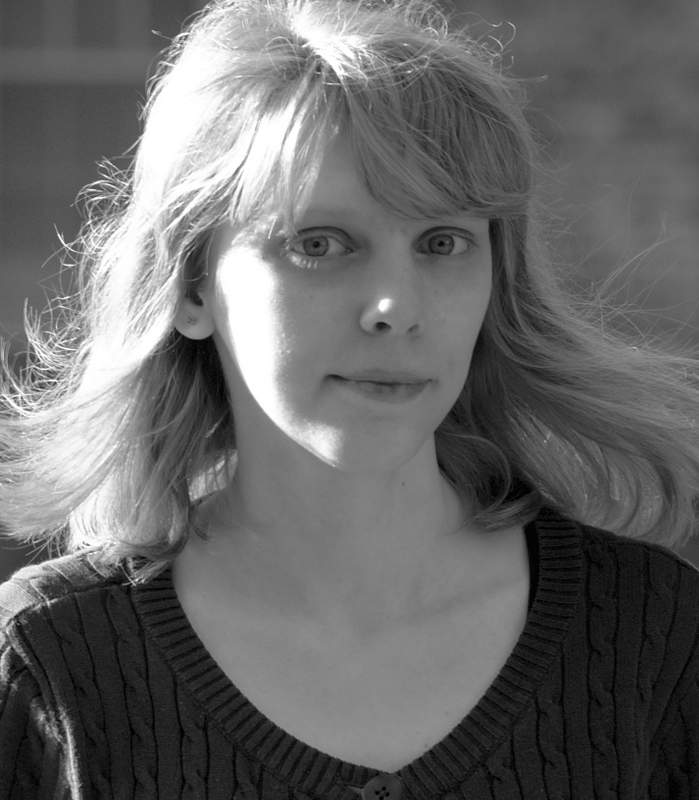 Maida Percival is a graduate student in Linguistics at the University of Toronto. She first became interested in linguistics after she had the opportunity to take a Scottish Gaelic class in high school, taught by someone who was attempting to revive the language in PEI. While an undergraduate student, she took a field linguistics class on Hul’q’umi’num’, a dialect of the Salish language Halkomelem spoken on Vancouver Island. Listening to stories the Hul’q’umi’num’ consultant told in his language, she was particularly fascinated by certain sounds in the language, called glottalized consonants. For her MA at U of T, she decided to pursue this interest in glottalized consonants, and was lucky to be able to coordinate interviews with Dene-speaking community members in Délı̨nę for her project. Glottalized consonants are common to Dene and a number of languages of Canada and a few other parts of the world, but there is still a lot to learn about them. During her PhD at U of T, she intends to investigate glottalized consonants further. One of her main research questions is how variability in the way glottalized consonants are pronounced across languages and within the same language influences how they are heard.
Maida Percival is a graduate student in Linguistics at the University of Toronto. She first became interested in linguistics after she had the opportunity to take a Scottish Gaelic class in high school, taught by someone who was attempting to revive the language in PEI. While an undergraduate student, she took a field linguistics class on Hul’q’umi’num’, a dialect of the Salish language Halkomelem spoken on Vancouver Island. Listening to stories the Hul’q’umi’num’ consultant told in his language, she was particularly fascinated by certain sounds in the language, called glottalized consonants. For her MA at U of T, she decided to pursue this interest in glottalized consonants, and was lucky to be able to coordinate interviews with Dene-speaking community members in Délı̨nę for her project. Glottalized consonants are common to Dene and a number of languages of Canada and a few other parts of the world, but there is still a lot to learn about them. During her PhD at U of T, she intends to investigate glottalized consonants further. One of her main research questions is how variability in the way glottalized consonants are pronounced across languages and within the same language influences how they are heard.
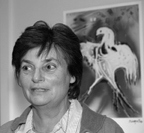 After classical studies at the Basile-Moreau College, Nicole studied musicology at McGill University and anthropology at Laval University before turning to ethnomusicology. Her ethnomusicological research includes the inventory and analysis of drum rhythms in Haitian voodoo, in collaboration with the drummer Georges Rodriguez (1979-80); the transcription and presentation of Cree hunting songs from Chisasibi, in the Quebec Arctic based on recordings made 1968-9 by Richard Preston; and the study 1987- of music and traditional games of the Athapascans of the Northwest Territories. Her field trips include a study of the Inuit in Cape Dorset, NWT (1974, 1975, 1978), in Ivujivik, Que (1978, 1980), in southwestern Alaska (1980-1), and in Inukjuak, Que (1984), and of the Dene tribes located at Tulı́t'a (then Fort Norman), Délı̨nę (then Fort Franklin) and Fort Good Hope (1988, 1989, 1990).
After classical studies at the Basile-Moreau College, Nicole studied musicology at McGill University and anthropology at Laval University before turning to ethnomusicology. Her ethnomusicological research includes the inventory and analysis of drum rhythms in Haitian voodoo, in collaboration with the drummer Georges Rodriguez (1979-80); the transcription and presentation of Cree hunting songs from Chisasibi, in the Quebec Arctic based on recordings made 1968-9 by Richard Preston; and the study 1987- of music and traditional games of the Athapascans of the Northwest Territories. Her field trips include a study of the Inuit in Cape Dorset, NWT (1974, 1975, 1978), in Ivujivik, Que (1978, 1980), in southwestern Alaska (1980-1), and in Inukjuak, Que (1984), and of the Dene tribes located at Tulı́t'a (then Fort Norman), Délı̨nę (then Fort Franklin) and Fort Good Hope (1988, 1989, 1990).